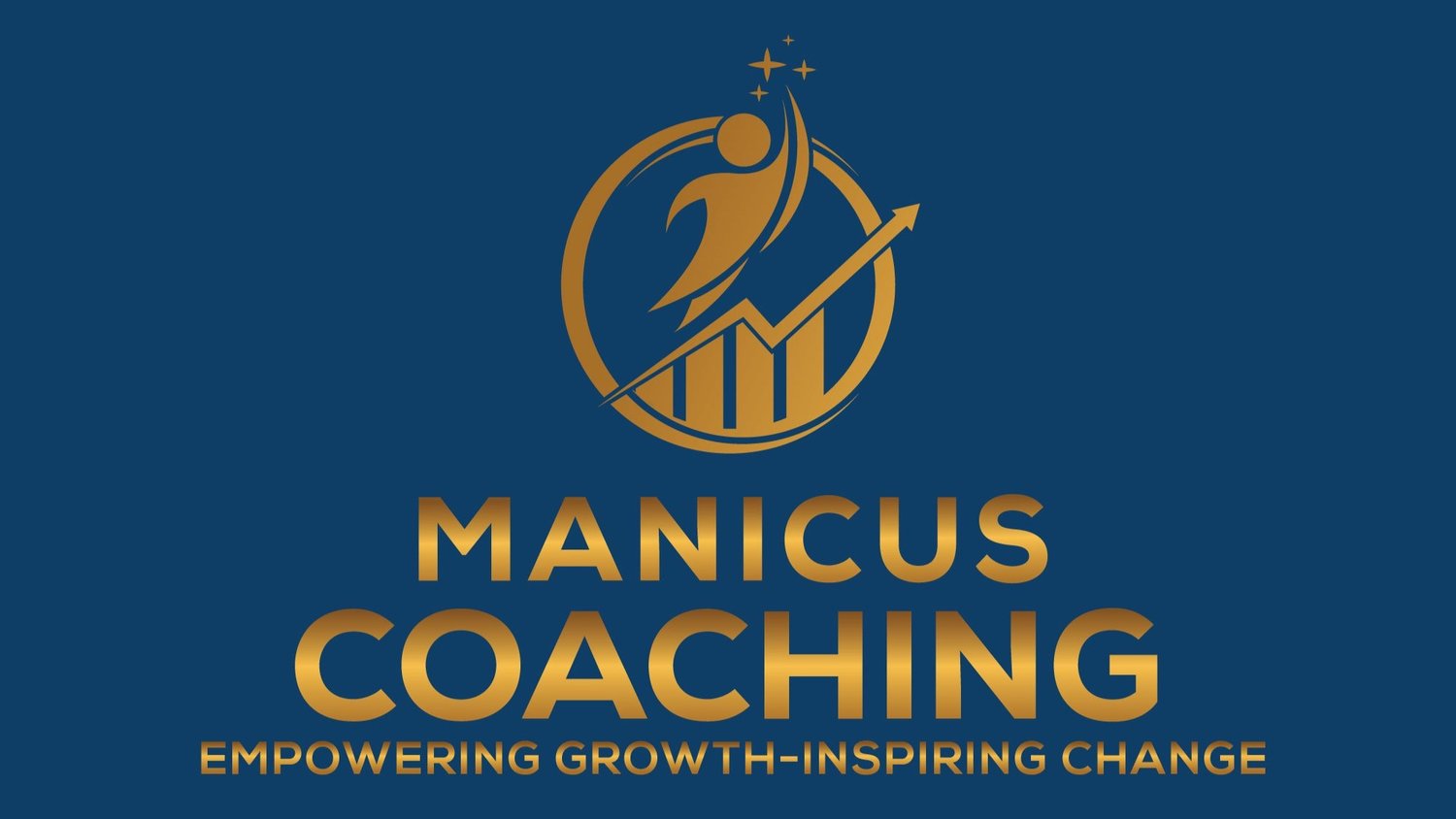Pain to purpose - Part 4
Leadership: Lessons from the military
In 1997, my life took an unexpected turn that shaped the person I would eventually become. As a teenager in Denmark, I was a content student with big dreams and a love for physical activity. My goal was clear: to excel in my A-levels while enjoying a balanced life of fun and growth. But everything changed when my parents decided to uproot our family and move to South Africa.
What awaited me was far from the adventure I had imagined. Dropped off at a school with unrealistic promises and no guidance, I quickly realized the institution had no idea I was coming. With no plan for my education and no support, I spiraled into dysfunction. I dropped out of school and started working in a bar, feeling unanchored and unworthy.
When I eventually returned to Denmark to complete my A-levels, I was a shadow of the person I once was—a disillusioned teenager barely scraping through exams. My confidence and dreams lay in tatters. It was during this fragile time, in the summer of 1999, that I made a decision that would change my life. Without much thought about the future, I called the Danish military recruitment office. I convinced a friend to join with me, and soon, I had enlisted.
Just 14 days later, I found myself standing at the gates of my new reality. At the time, I thought I would stay for less than a year. My plan was still to go to university and become an engineer. This was what I believed I had to do to meet society’s expectations of success.
Looking back, I wonder if joining the military was also my subconscious mind protecting me from something I hadn’t yet fully acknowledged. Before enlisting, I had planned a six-month trip with someone I hadn’t realized had abused me as a child. Joining the military became my escape—though I didn’t understand it then, it set me on a path of healing and growth.
Initially, the military felt like a big playground—a mix of tough challenges and camaraderie that reignited a spark in me. But it wasn’t until I attended sergeant school that I realized its deeper value. For the first time in years, I started to respect myself. I discovered a love for learning, growth, and the principles of leadership and communication.
To my surprise, I finished in the top five of my class and was awarded a medal for being the most supportive peer. Later, in officer school, I finished in the top five again and received the same honor. These moments taught me that leadership isn’t just about personal achievement—it’s about connection and lifting others up.
Three years into my military career, someone casually suggested, “Why don’t you become an aviator?” It wasn’t a lifelong dream of mine, but it sparked something in me, a new opportunity to grow and learn. I joined the Royal Danish Airforce, eager to take on this new challenge. During this time, I was involved in a car accident that caused head injuries, later diagnosed as hyperacusis. Despite the setback, I pushed forward, determined to meet the challenge head-on.
Then came the final flight test, and my journey came to an abrupt halt. I failed. That day, I wasn’t good enough. Despite working hard and putting everything into the training, I realized I hadn’t been working with the right tools to succeed. It was a hard blow, made worse by the fact that I couldn’t return to my old unit due to political reforms. I was forced back into the civilian world—the very world I had escaped four years earlier, where I had once felt useless and out of place.
That day, another remark shaped the next 20 years of my life. As I was leaving the academy, the head of the Military Aviation Academy said, “Flying isn’t for everyone.” His words stuck with me. I remember thinking, Flying is easy—it’s the military objective while flying that is hard. Inspired by this realization, I took on a new challenge: civilian aviation.
It was my way of proving to myself that, while the military path might have ended, my journey as a pilot hadn’t. Over the next two decades, I found new meaning and purpose, showing myself what I could achieve in a different context—one where my resilience and adaptability would continue to guide me.
Looking back, I see how my entire military experience shaped me. It taught me resilience, discipline, and the ability to face setbacks head-on. While failure is painful, it can also be the catalyst for new opportunities—a lesson I carry with me to this day. From camaraderie to leadership and adaptability, the values I learned have become a steady compass in all areas of my life.
Whether I’m guiding pilots, coaching leaders, or navigating personal challenges, the values I learned in the military remain a steady compass. They remind me that growth comes from stepping into discomfort, that failure is an opportunity to learn, and that trust is the bedrock of every meaningful connection.
As I reflect on my journey, I see how the struggles of my past weren’t just obstacles—they were the stepping stones to a life driven by purpose. What began as an escape from a difficult reality turned into a transformative experience that rebuilt me from the ground up. It gave me the confidence to lead, the resilience to overcome setbacks, and the desire to help others find their strength







